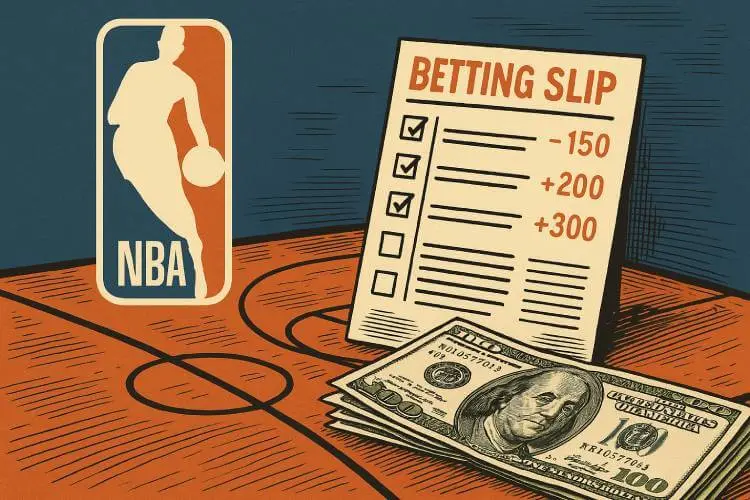NBA Commissioner Urges Stricter Sports Betting Rules to Protect NBA Integrity


NBA Commissioner Adam Silver, a longtime advocate of legalized sports betting in the United States, is now calling for tighter regulation as concerns mount over game manipulation and rising hostility from fans influenced by wagers. His comments reflect the league’s evolving stance toward balancing betting’s commercial benefits with the need to protect players and preserve fair play.
Betting Scandals Spark Concern
Silver’s comments follow recent controversies that have exposed the risks of unchecked betting. Former Toronto Raptors player Jontay Porter was permanently banned after an investigation found he had deliberately altered his performance to influence wagering outcomes. The case raised questions about the vulnerability of player-specific bets, especially those involving athletes with limited contracts or more minor roles.
In response, the NBA asked its sportsbook partners to scale back specific prop bets that could be easily manipulated. These restrictions are designed to prevent a repeat of the Porter case and restore public confidence in the fairness of competition.
Fan Behavior and Betting Culture
Alongside integrity issues, Silver highlighted the growing problem of fan misconduct linked to betting losses. Players have increasingly faced harassment from angry bettors when individual stats fall short of expectations, even if their team wins. The league has instructed arenas to enforce the Fan Code of Conduct more strictly and to remove spectators who verbally abuse players or staff.
This shift mirrors actions taken by other sports bodies. College regulators and state authorities have already restricted some types of prop bets following similar incidents, signaling a broader movement to address betting-related toxicity in sports.
Need for Federal Oversight
Since the Supreme Court lifted the federal ban on sports betting in 2018, 39 states, Washington D.C., and Puerto Rico have launched legal markets. However, each jurisdiction operates under different rules, creating inconsistencies that make national monitoring difficult. Silver believes that the current state-by-state framework leaves gaps in enforcement and allows questionable practices to go unchecked.
A unified federal system, he argues, would bring clearer standards on advertising, bet types, and data sharing between regulators and sports leagues. It would also help ensure that sports betting grows responsibly, without compromising the fairness of the game.
Regulated Markets Still Offer Advantages
Despite these concerns, Silver continues to support the principle of regulated betting. Legalization has allowed leagues to track unusual betting patterns, identify suspicious activity, and pinpoint where wagers originate. Advanced monitoring tools now make it possible to detect irregular behavior that was previously hidden in unregulated markets.
This transparency has already proven valuable for protecting competition, but Silver cautions that visibility must be matched with consistent regulation and responsible promotion. Without balance, the industry’s rapid expansion could undermine the trust it depends on.
Protecting the Game’s Integrity
The NBA’s growing partnerships with sportsbook operators have brought new revenue and engagement opportunities, yet they also require careful management. The league’s approach now focuses on balancing the financial benefits of betting with the need to safeguard players and maintain credibility.
Silver’s latest remarks reflect an important transition for the NBA, from championing legal betting to managing its consequences. With so many wagers now placed through online gambling sites and betting becoming part of the fan experience, the challenge lies in keeping the competition fair and the atmosphere respectful.
The message is clear: betting and basketball can coexist, but regulation must evolve to ensure both remain sustainable. Stronger national oversight, limits on vulnerable prop markets, and better fan protections are key to preserving the integrity of professional sport in the years ahead.
Was this article helpful?
